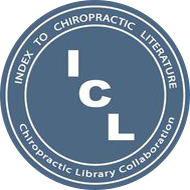OBJECTIVES: To determine if a response set bias existed, to assess the factor structure and internal consistency, and to compare Neck Disability Index (NDI) scores with visual analogue scale (VAS) scores for pain intensity.
SUMMARY OF BACKGROUND DATA: Although neck pain is a common problem, few instruments exist to assess the disability that accompanies it. The NDI is a 10 item paper-and-pencil measure of disability resulting from neck pain.
STUDY DESIGN: A cross sectional study evaluating the psychometric properties of the NDI.
METHODS: Seven modified versions of the original NDI were developed to assess the presence or absence of response set bias using a one-way analysis of variance. Internal consistency was measured by a Cronbach alpha, two factor analyses (exploratory and confirmatory) were conducted to examine the structure of the NDI and stepwise regression analysis was used to examine the variables most predictive of VAS scores.
RESULTS: Results from 237 neck pain patients show that the responses given on the eight versions of the NDI are a function of the content and not of the format in which the items are presented. The NDI has stable psychometric characteristics, evidenced by high internal consistency (alpha = .92). In both factor analyses, one factor was extracted.
CONCLUSIONS: The NDI possesses stable psychometric properties and provides an objective means of assessing the disability of patients suffering from neck pain.
This abstract is reproduced with the permission of the publisher. Article only available in print.
|
